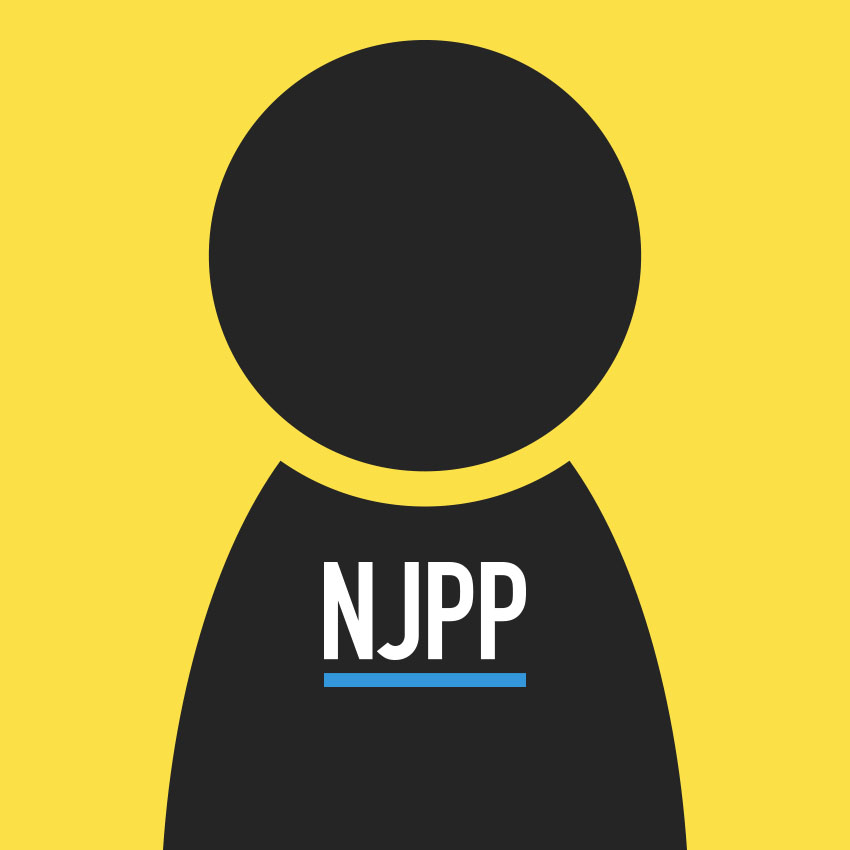TRENTON, NJ – Dr. Martin Luther King Jr. said “[t]he curse of poverty has no justification in our age.” The sentiment was as true in 1967 as it is now. Despite being one of the wealthiest states, 1 in 8 New Jersey children live in poverty. New Jersey has the resources to dramatically cut child poverty through direct cash assistance to families, according to a new report released today by New Jersey Policy Perspective (NJPP).
The report outlines two pathways: expanding existing tax credits and benefit programs at a cost of $1.84 billion, or creating a new $5,000 annual child allowance for Medicaid-eligible families costing $3.21 billion. For comparison, the state already spends $4.88 billion annually on property tax relief.
Cash assistance works. The expanded federal Child Tax Credit reduced poverty by nearly half. Guaranteed income pilots in Newark and Paterson showed families used money for basic needs like rent, groceries, and medical bills.
“New Jersey thrives when all residents have dignity, opportunity, and economic security,” said Nicole Rodriguez, President at NJPP. “These proposals show that with political will, we can end child poverty in one of America’s wealthiest states.”
The first proposal would double benefit amounts for New Jersey’s Child Tax Credit, Earned Income Tax Credit, Work First New Jersey, and add monthly SNAP supplements.
The second proposal would create the New Jersey Family Guarantee, providing $5,000 annually to families of children eligible for Medicaid. The program would start with ages 0-3 and expand gradually to age 17.
Both programs would advance racial equity. Black and Hispanic/Latinx families in New Jersey face child poverty rates more than twice that of white families.
Research shows every $1 invested in child allowances generates $10 in long-term economic benefits through improved health, education, and earnings.
The full report is available at NJPP.org.
###

